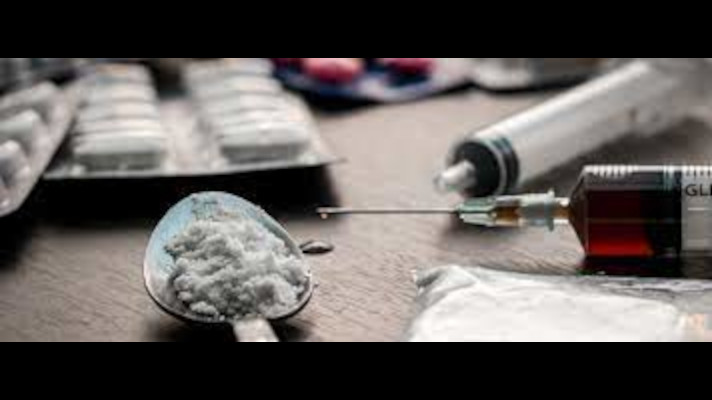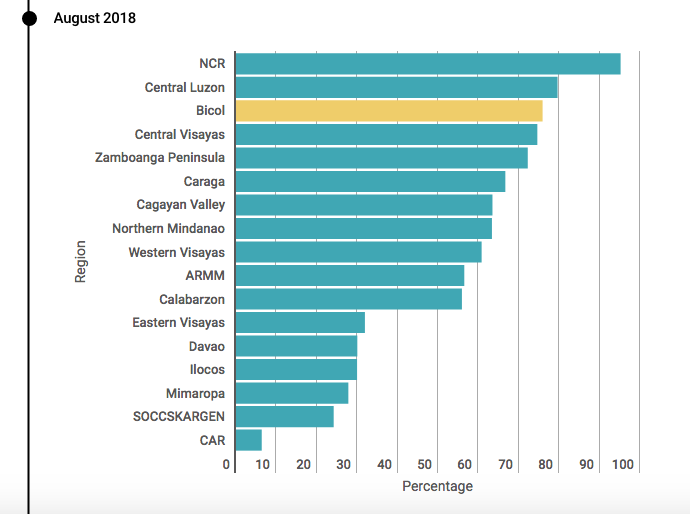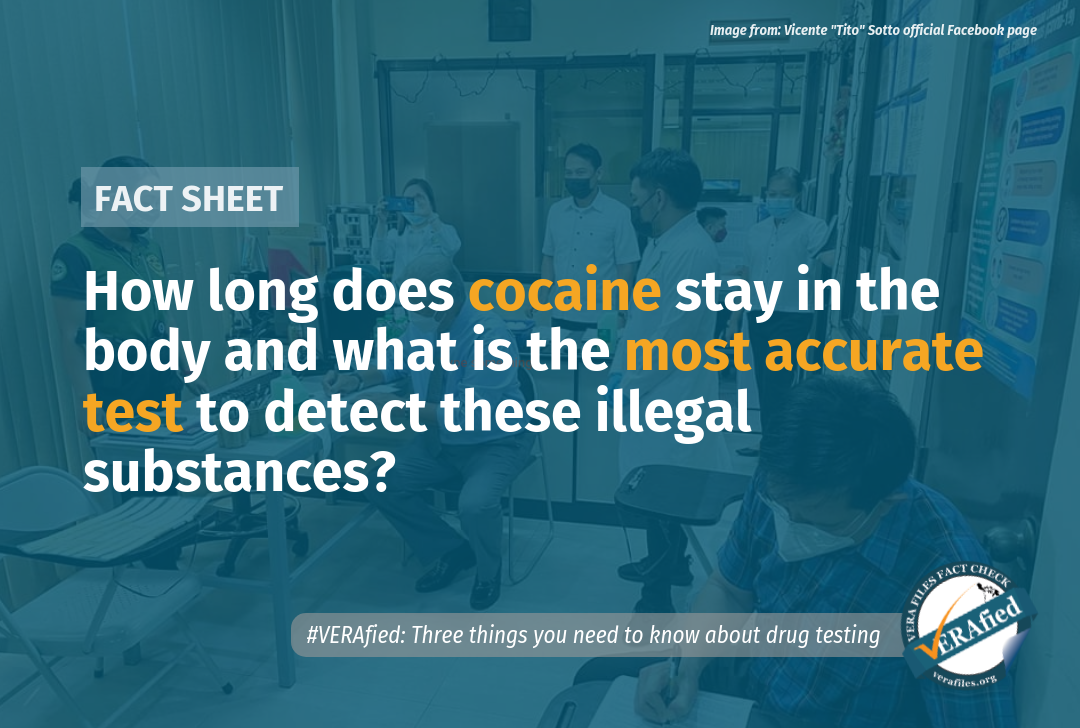When some lawmakers and netizens asked why the son of Justice Secretary Jesus Crispin “Boying” Remulla was not subjected to mandatory drug testing following his arrest for possession of high-grade marijuana, the spokesman for the Philippine Drug Enforcement Agency (PDEA) said in an interview that it “will not be material” to the charges he is facing.
Derrick Carreon, the PDEA spokesman, added that 38-year-old Juanito Jose Diaz Remulla III had refused to undergo drug testing “on the advice of his lawyer.” He said PDEA would not insist that Remulla undergo drug testing after his lawyer “immediately intervened.”
Carreon could have immediately quelled allegations and suspicions that the Justice secretary’s eldest son had been given special treatment had he invoked a 2008 Supreme Court ruling that declared as unconstitutional Section 36 (f) Article III of Republic Act 9165, or the “Comprehensive Dangerous Drugs Act of 2022.”
The struck-down provision says: “All persons charged before the prosecutor’s office with a criminal offense having an imposable penalty of imprisonment of not less than six (6) years and one (1) day shall have to undergo a mandatory drug test.”
The younger Remulla was charged for violation of Section 11 of RA 9165, or possession of dangerous drugs, which carries a penalty of life imprisonment and a fine ranging from P500,000 to P10 million.
He was arrested on Oct. 11 at his residence in Las Piñas City upon receiving a parcel from San Diego, California, containing 893.91 grams of kush, or high-grade marijuana, with an estimated street value of P1.25 million.
Why the PDEA spokesman did not invoke outright the Supreme Court ruling was disconcerting. He merely said Remulla’s lawyer cited a Supreme Court ruling that said drug testing was not mandatory, but did not specify which ruling.
I asked a lawyer who has been handling a number of drug cases if indeed drug testing was not mandatory. “All drug offenders, drug test [is] mandatory,” I was told. “Testing positive is presumption of possession, and confirmation of drug use,” the lawyer added.
When told about the 2008 Supreme Court ruling under GR 157870, the lawyer said, “But they (law enforcers) are still doing this,” meaning mandatory drug testing of arrested suspects facing drug-related cases.
Then I asked, “In the drug cases you handle, are suspects subjected to involuntary drug testing?” The reply: “All of them.”
From the brief conversation, I deduced that PDEA did not immediately invoke the 2008 Supreme Court ruling because they have been defying it. Remulla’s lawyer need not have intervened.
The ruling, penned by then associate justice Presbitero Velasco Jr., says: “The court finds no valid justification for mandatory drug testing for persons accused of crimes… The operative concepts in the mandatory drug testing are ‘randomness’ and ‘suspicionless.’ In the case of persons charged with a crime before the prosecutor’s office, a mandatory drug testing can never be random or suspicionless.”
The ruling adds: “The ideas of randomness and being suspicionless are antithetical to their being made defendants in a criminal complaint. They are not randomly picked; neither are they beyond suspicion.”
It explains further: “To impose mandatory drug testing on the accused is a blatant attempt to harness a medical test as a tool for criminal prosecution, contrary to the objectives of RA 9165. Drug testing in this case would violate a person’s right to privacy guaranteed under Section 2, Art. III of the Constitution. Worse still, the accused persons are veritably forced to incriminate themselves.”
The Supreme Court ruling “permanently enjoined [concerned agencies, including PDEA and the PNP] from implementing Sec. 36 (f) and (g) of RA 9165. Section 36 (g) that refers to mandatory drug testing for “all candidates for public office whether appointed or elected both in the national or local government.”
The same ruling, however, affirmed as constitutional the requirement for mandatory but random drug testing of students in secondary and tertiary schools as well as for officers and employees of public and private offices as “justifiable” and “reasonable.”
It explains: “In the case of students, the constitutional viability of the mandatory, random, and suspicionless drug testing for students emanates primarily from the waiver by the students of their right to privacy when they seek entry to the school, and from their voluntarily submitting their persons to the parental authority of school authorities. In the case of private and public employees, the constitutional soundness of the mandatory, random, and suspicionless drug testing proceeds from the reasonableness of the drug test policy and requirement.”
If indeed law enforcement agencies are still conducting mandatory drug tests on drug suspects, in defiance of the 2008 Supreme Court ruling, what happens now to those who were or have been prosecuted criminally on the basis of the results of the involuntary drug tests?
Shouldn’t the law enforcers involved be held accountable?
The views in this column are those of the author and do not necessarily reflect the views of VERA Files.
This column also appeared in The Manila Times.





